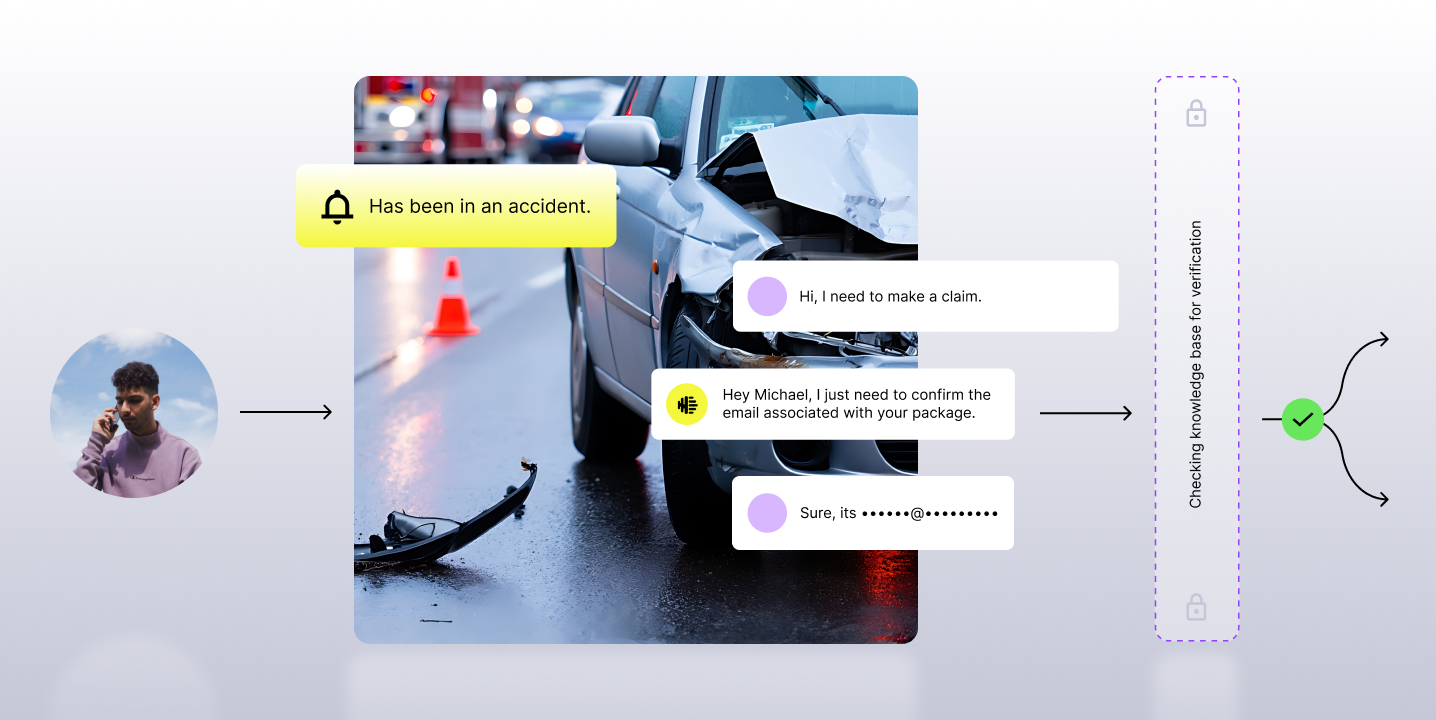Not all revolutions come with fanfare. Some things happen behind the scenes that silently reshape industries from the inside out.
That’s exactly what’s happening in contact centers right now.
While much of the industry buzz centers around flashy generative AI and chatbots, a quieter, more fundamental transformation is underway—in the one place where customer experience is truly made or broken: routing.
Legacy IVRs Had Their Moment.
Legacy IVRs directed calls using static scripts and number-based menus. They work…barely. Anyone who’s spent 10 minutes pressing buttons just to pay a bill or update their address knows how painful and impersonal that experience can be.
Customer expectations have change, and today’s customers want to speak naturally, be understood instantly, and connect with the right person or resource—the first time. That’s where the next generation of routing, powered by AI Voice Agents, quietly takes the stage.
From Menus to Meaningful Conversations
Traditional IVR routing assumes that a customer's input, such as pressing “3” for billing or “5” for support, accurately reflects their intended action. But what if it doesn’t? What if their issue spans multiple departments, or doesn’t fit into a predefined option?
AI Agents that communicate in natural language eliminate that friction by understanding natural language. Instead of navigating a maze of options, a customer can simply say, “I need help with a charge I don’t recognize.” VoiceAI interprets their intent, responds appropriately, and either resolves the issue or intelligently and efficiently routes it.
This shift from input-based to intent-based routing is subtle but powerful. It’s not just faster. It’s more human.
Routing That Anticipates Needs
Legacy IVRs follow rigid decision trees. Voice AI follows context. With access to real-time inputs, CRM data, and past interactions, VoiceAI doesn’t just react to what customers say—it anticipates what they need. If a returning customer calls about a recent insurance claim, VoiceAI can recognize the caller's number, match it to their profile, and proactively guide the interaction or escalate the issue when necessary.
This kind of intelligent routing reduces friction, accelerates resolution, and creates a smarter, more connected journey.
Better for Customers. Smarter for Operations.
Intelligent routing benefits not only the customer but also the organization. It’s a force multiplier for operations:
Calls reach the right destination the first time. Agents spend less time rerouting or apologizing. Handle times drop, CSAT scores rise. Insights are continuously fed back into the system
VoiceAI captures everything—intent, sentiment, journey, outcome—and uses that data to refine performance. Over time, your routing becomes not only smarter but also self-optimizing.
Warm Transfers That Actually Feel Warm
In the IVR world, a “transfer” often means being dumped into another queue, forced to repeat everything, and praying the next agent has context. It’s frustrating for customers and confusing for agents.
With VoiceAI, warm transfers are truly seamless. The AI passes along the entire conversation history, identified intent, and relevant customer data. The agent picks up with full context and zero guesswork.
For customers, it feels like a continuous, respectful experience. For agents, it’s a smoother start that leads to faster, less stressful resolutions.
The Bottom Line: Join the Quiet Revolution
Routing may not grab headlines, but it shapes every customer interaction. When it works, no one notices. When it fails, everyone does.
VoiceAI is transforming routing from a rigid decision tree into an intelligent, adaptive decision engine. It listens. It learns. It works with precision and empathy. And that quiet evolution is what makes modern customer experiences feel faster, more personalized, and more effective.
Schedule a call with us to experience the future of customer service


















